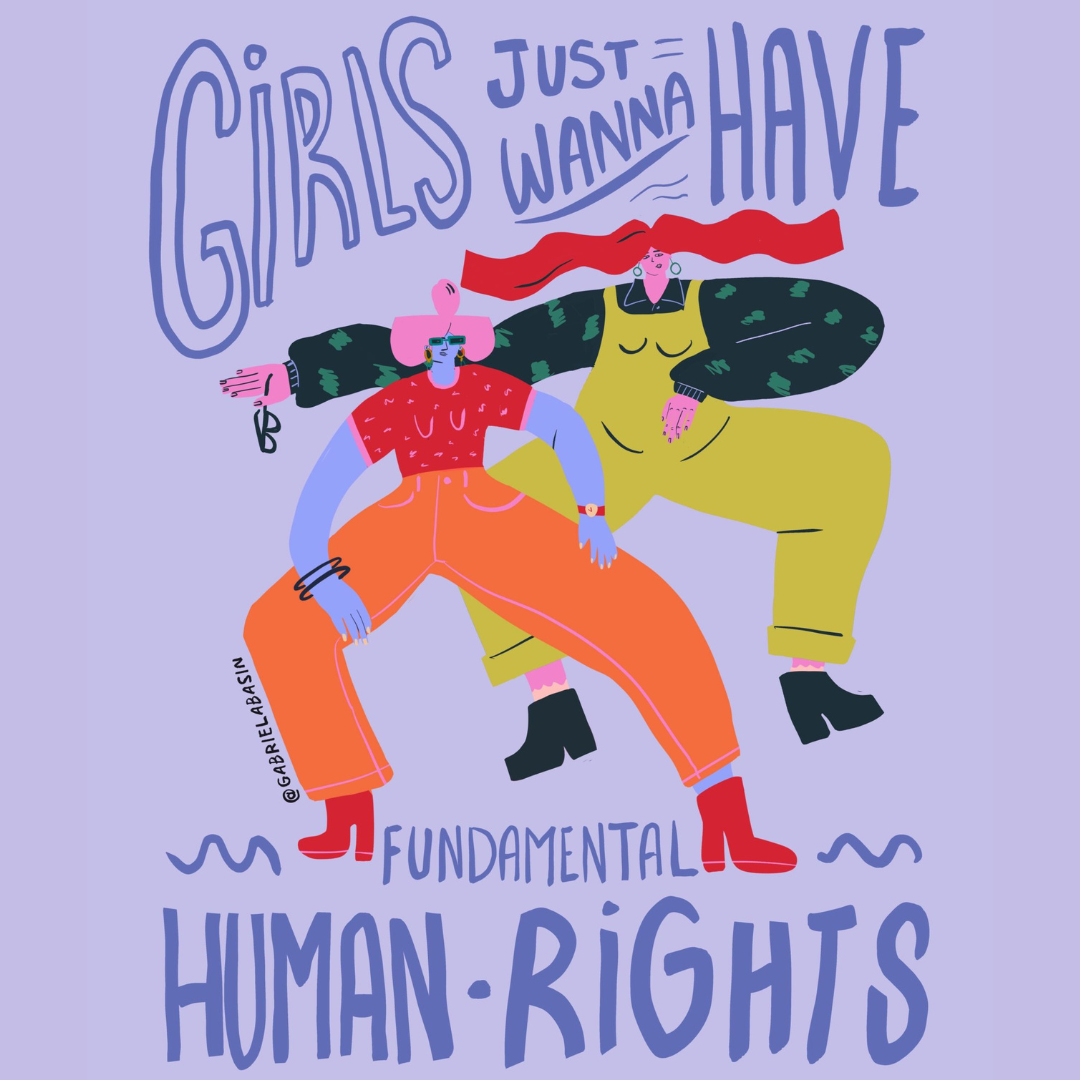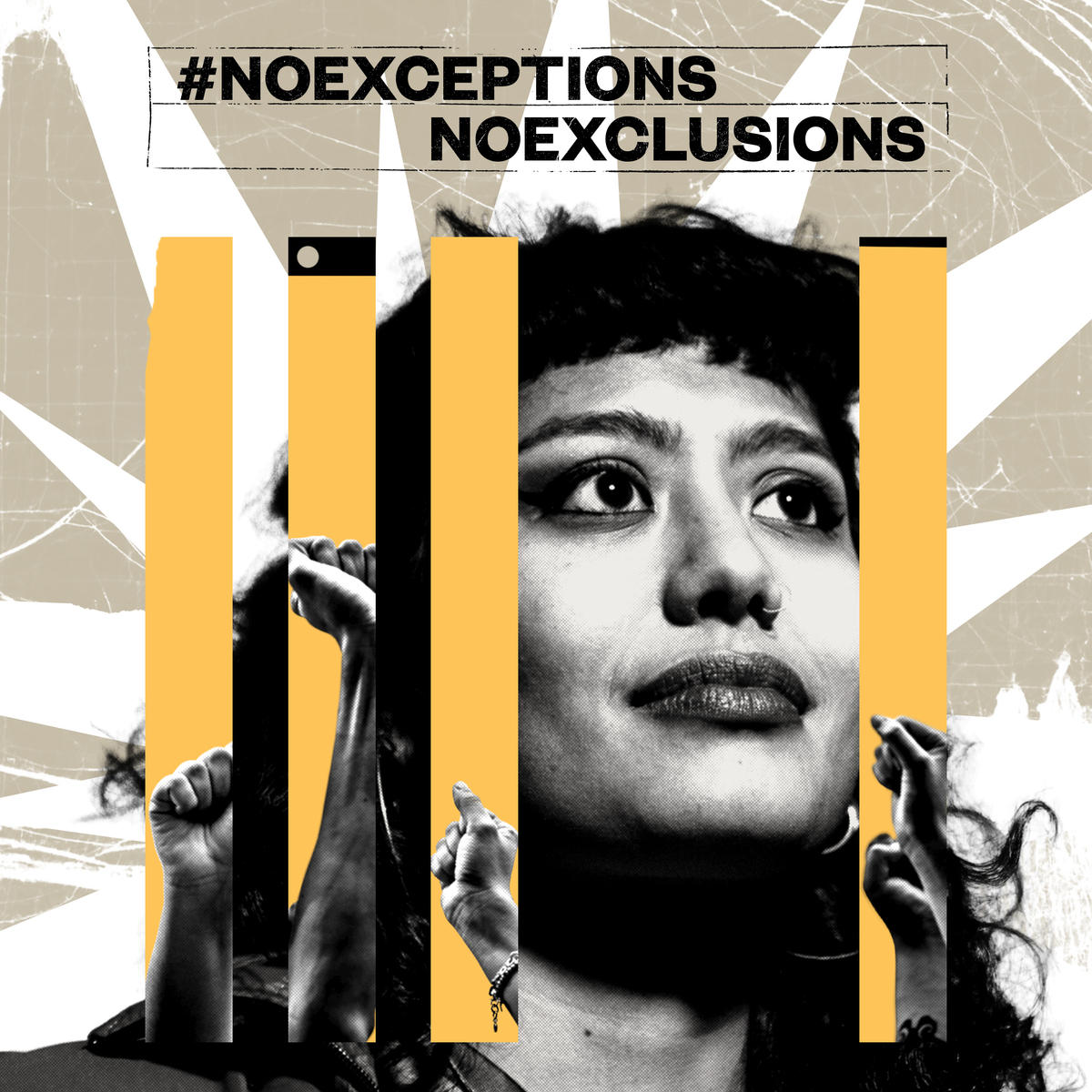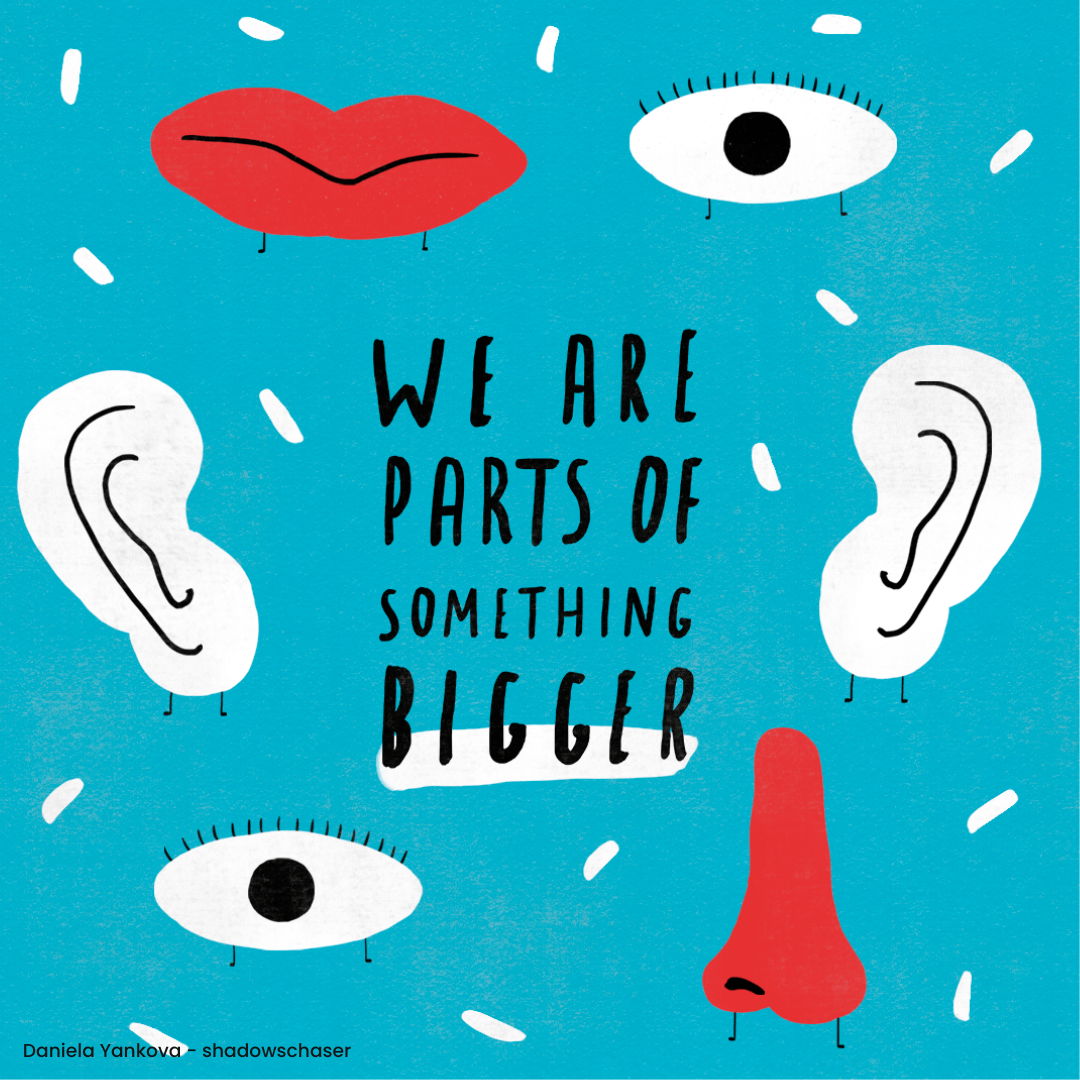As December started, many of us in Europe were probably all looking forward to celebrating Christmas with our loved ones, hoping this year would allow COVID-free celebrations, hugs and many people around the table. However, the arrival of the Omicron variant have us rethinking our plans.
It must be clear in our heads, and those of our leaders, that we are in this together. No matter our differences, most of us want pretty similar things – to go through our lives in good health and to get quick, good, compassionate care if we are ever ill or injured; to see our families and friends and be able to hug our loved ones. The way new variants have circulated around the globe shows us one thing: no one will be safe, until everyone is safe. It shows that the solution lies in solidarity and not in closing borders. It shows that the solution lies in everyone having access to basic health services, including sexual and reproductive health services, and to vaccination. It simply shows that at least part of the solution lies in achieving a universal health coverage for all.
Universal Health Coverage (UHC) means that all people can access the care they need without fearing they will go bankrupt when they do. And at the core of basic health services lay sexual and reproductive health and rights (SRHR). SRHR are an integral part of the right to the highest attainable standard of health, to gender equality and to health equity. If SRHR services, information and education are not integrated as key components of UHC, there will be no achievement of UHC nor the fulfilment of the right to health.
Ahead of UHC day, we want to look forward to a healthy future. And in this context, an important opportunity must be seized in 2022: the Summit between the African Union (AU) and the European Union (EU), organised tentatively in February 2022 in Brussels. The two Unions have been discussing a renewed partnership for some time, but have so far missed the opportunity to truly focus on sustainable development. They, and their Member States, have a responsibility towards their people to ensure that no one is left behind and that gender equality and human development are at the core of the partnership between the two continents. And to do so, part of the response lies with moving towards universal health coverage. This is why, ahead of UHC day, civil society calls on the AU and the EU take the opportunity of the joint summit to:
- Develop jointly pathways to achieving universal health coverage, based on the principles of non-discrimination, informed choice, transparency and accountability. Health systems and services should be available, accessible, acceptable and of good quality. They should be gender-transformative and address gender-related barriers to health for all;
- Recognise SRHR as an indispensable and integral component of UHC, critical to the realisation of the right to health, sustainable development and a necessary precondition for gender equality and non-discrimination and ending poverty;
- Actively engage communities in achieving universal health coverage, as their participation is key to building health services that are responsive to the local needs of communities. In the framework of the summit, engage civil society organisations and communities and include their recommendations and demands in the outcomes of the summit;
- Allocate adequate funding for universal access to health services, including SRHR, that are equitable, accessible, affordable and needs-based, including in conflict and humanitarian settings, as well as for communities living in remote or rural areas. This should include funding for grassroot CSOs delivering SRHR services, as they are key actors to reach out to the most vulnerable and underserved communities, in all areas and contexts.
Let’s not waste the opportunity ahead. We need solidarity and access for all to health services if we are to achieve sustainable development and gender equality, and to respond to the critical challenges we are facing, such as global pandemics or the climate crisis. All people, regardless of where we live or of how much money we have in our wallet, deserve to be able to make the best healthcare choices for ourselves and our families. UHC will enable us to do so.
Written by Maria Tempesta, IPPF EN



